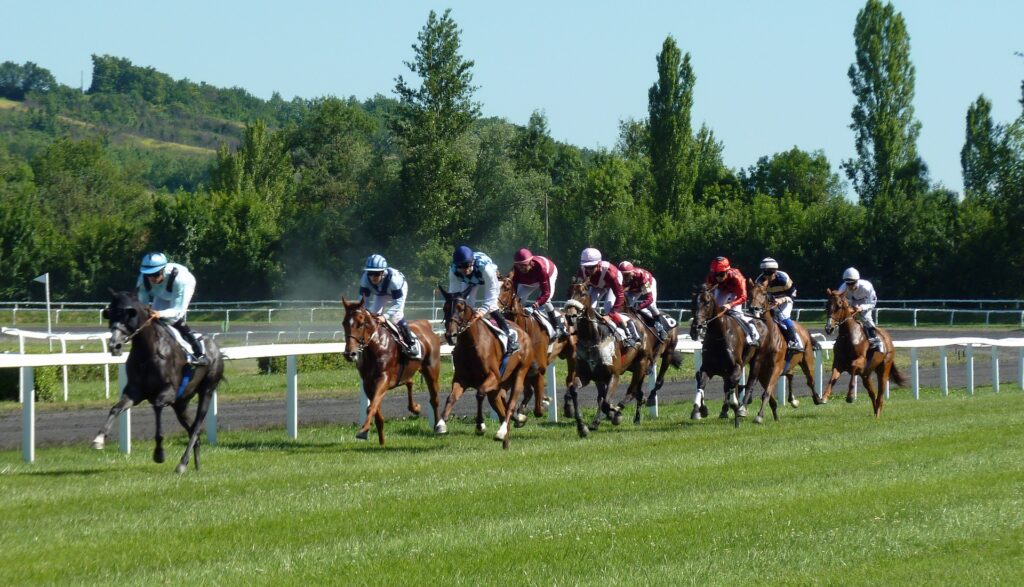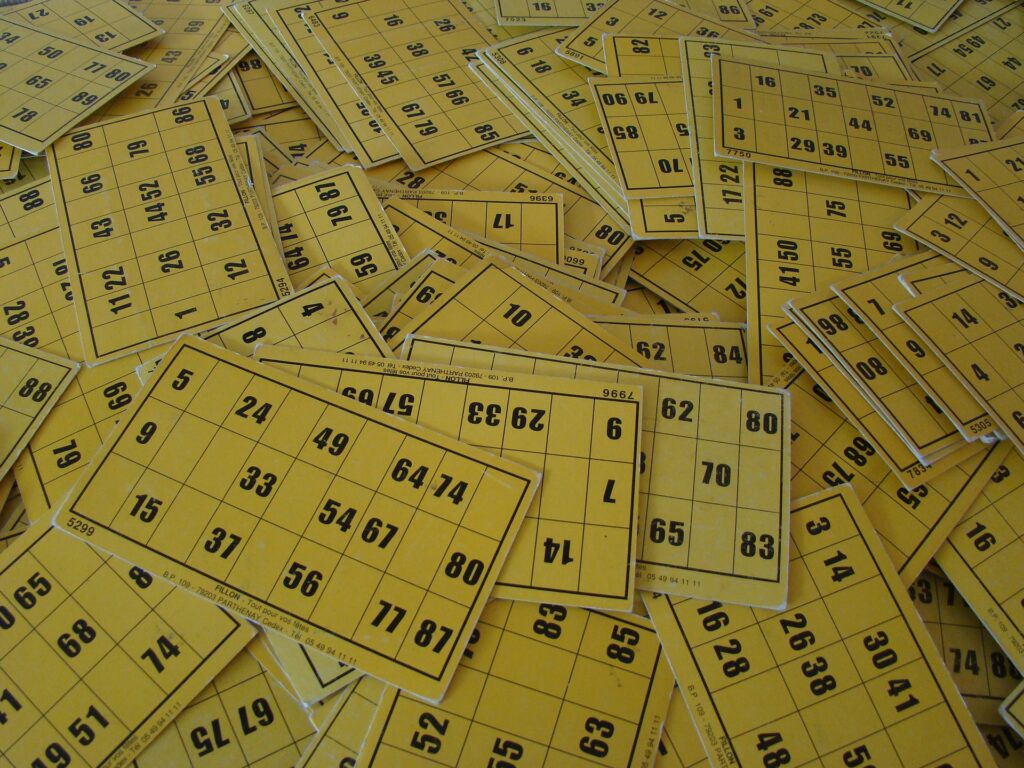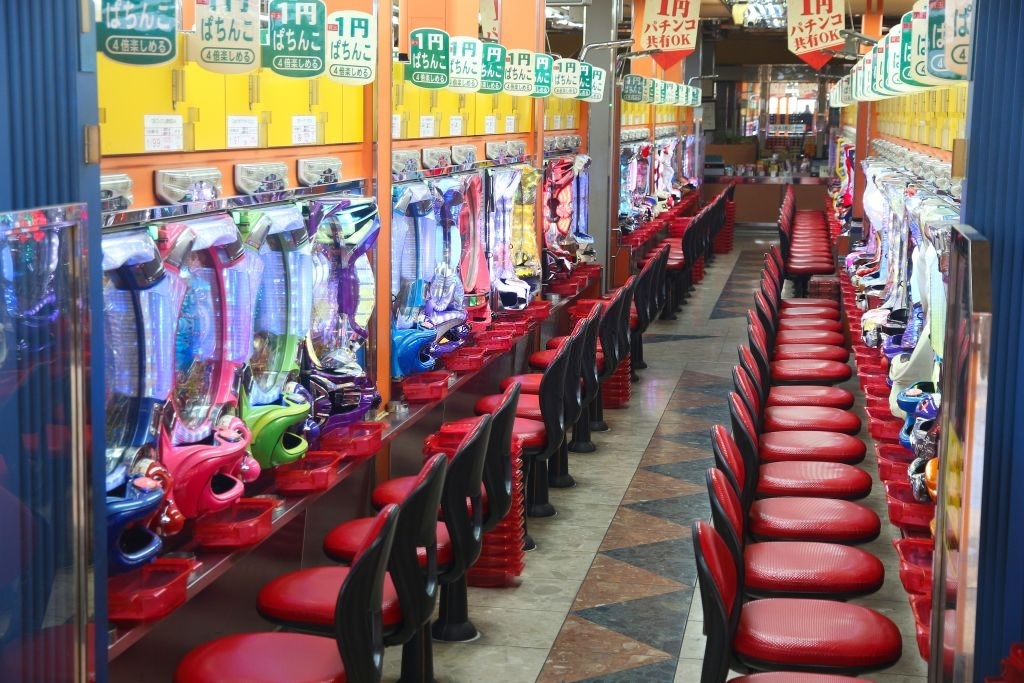Most forms of gambling in Japan are prohibited, however there are certain exceptions. Betting on certain sports, including horse racing and certain motorsports, is legal, as are football pools are known as “toto” and the lottery.
Because of Japan’s tight gambling restrictions and legislation, no casinos have been permitted to operate on its territory. That, however, appears to be about to change.
Legal Gambling in Japan
In this post, we are going to discuss some forms of legal gambling in Japan, including what gambling that we mentioned before.
Horse racing (keiba)

All major horse races in Japan are run by the Japanese government through an organization called the Japan Racing Association.
This federal control ensures a certain level of efficiency, but it also means that the JRA tracks are massive and impersonal structures devoid of charm, that the betting system is overly complicated, and that few interesting foreign horses compete here due to stubbornly protectionist rules – rules that also serve to keep the quality of racing from rising.
There are 24 non-JRA tracks run by local governments across the country, but the quality of racing prohibits these local venues from being viable options for serious gamblers.
Many of these are worth seeing at least once, if only for the sleazy, post-war Japan vibe that instantly transports you to 1958. The local railways, unlike their JRA counterparts, run on weekdays, usually at night. Isn’t that fantastic? The issue is the pitiful state of racing.
The majority of the local horses have the appearance of soon-to-be basashi and move as swiftly as they do. Betting on Arabians and other non-thoroughbreds is fun at first, but after a while, it feels too much like playing the lottery at these local venues.
The Lottery (takarakuji)

The lottery system, like horse racing, has been liberalized in the last ten years. To play the old “jumbo” lotteries, players had to first get coupons, which were mainly distributed at department stores and gave the holder the opportunity to purchase lottery tickets.
When people lined up to buy tickets in the old days, security guards would walk up to them and ask to see the coupons. We can finally buy lottery tickets directly these days, but only at authorized lottery booths. These can be found in front of retail stores and near most large train stations.
The grand prize in jumbo lotteries is usually around one billion yen. Tickets are printed with numbers and then sold to the general public. Three hundred yen jumbo lottery tickets are available.
Customers can purchase tickets that are numbered sequentially or randomly. The hyaku-en kuji (one-hundred yen lottery), which is presented locally and more frequently but with lower prize money, uses the similar system.
When purchasing tickets for these games, the consumer merely needs to specify the lottery and the amount of tickets desired, as well as whether he or she prefers consecutive (renban) or random numbers (bara).
You might also like: Online Slot Gambling Sites
Pachinko

Pachinko is unique in that it is not controlled by the state. Only by attempting to tax pachinko parlor owners does the government attempt to police it. Because it is theoretically prohibited for pachinko parlors to give out cash to customers, they instead give out tokens, which can be redeemed for cash at a nearby cashing station owned by a separate token-redeeming business.
Each pachinko parlor customizes its machines to its own, however most adhere to industry standards. The industry benchmark, according to word on the street, is roku wari gaeshi, or a 60% return.
When you compare it to the over ninety percent return rate on typical Las Vegas slots, you can see how poor of a bet this game is.
Even so, it’s a captivating hobby that promises nightly entertainment to individuals who don’t have a social life. Scenes of a weary husband going out to play the game frequently follow scenes of family spats in Japanese films and television dramas.
Bicycle Racing (keirin)
The betting systems for bicycle racing has always been years ahead of horse racing, and keirin appears to have a committed fan base. Keirin is a native sport that started shortly after World War 2 ended. A group of cyclists completes numerous laps of the route while being paced by a motorcycle.
The pacer pulls away from the finish line several hundred meters before it, leaving the riders to sprint for it. Keirin was created specifically for the purpose of gambling, but it gained athletic respectability in 2000 when it was made an Olympic event at the Sydney Olympics.
Toto – J-League Soccer Pools
Soccer gambling on the J.League in Japan is bundled in a system called “Toto,” and, like the lottery, Toto tickets may only be purchased from sanctioned Toto booths, which are far more uncommon than lottery booths and can be located in odd places like electronics stores and used car lots.
The Toto approach has the advantage of requiring no prior knowledge of the sport by anyone interested in participating. The sports newspapers frequently publish their predictions, yet picking winners at random appears to be just as effective as researching who will win. Still, if you’re going to play the lottery, play it.
Mahjong
This is fascinating. The Japanese style of mahjong has its own culture, and it appears to attract some very wealthy people. Unfortunately, despite spending years learning the ins and outs of pachinko, this writer has little to say about the game. It’s a semi-legal kind of gambling, similar to pachinko.
There are people who make a living playing it, just as there are individuals who earn a life playing pachinko. To play it well, it appears that you need some intelligence.
Boat Racing (kyotei or Boat Race)
Since 1952, when it was brought from the United States, government-sponsored motorboat (hydroplane) gambling has been a staple of Japan’s gambling scene. What has been known as the “Boat Race” since 1980 was instigated by ultra-nationalist industrialist Ryoichi Sasakawa (1899-1995), who pulled strings at the official level.
It was designed specifically for betting, with all proceeds going to the Sasakawa-founded Nippon Foundation for philanthropic causes. In Japan, there are now more than 20 venues, including Edogawa in Tokyo.
At the course, parimutuel betting is allowed. Six speed boats compete in a three-lap race around the 600-meter course, with both male and female riders competing. On race day, racers are assigned a boat at random. Betting options include picking the winner, two of the top three finishers, or an exact combination of the top three finishers.
That is a list of legal gambling in Japan. Even though they are not casino games such as those in casinos or gambling sites, for example on http://149.56.192.171/ websites, those games are still unique and interesting to play. You can consider trying them if you visit this Asian Country.



